When it comes to forecasting the future, sometimes the experts really miss the mark. Check out these not-so-accurate predictions for the world of tomorrow.
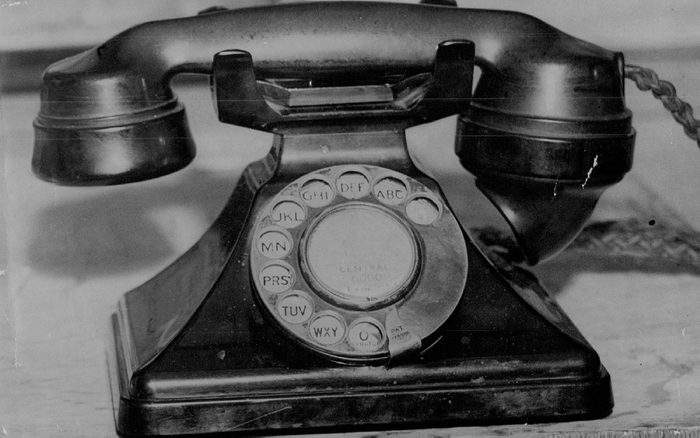
13 Predictions About the Future That Were Dead Wrong

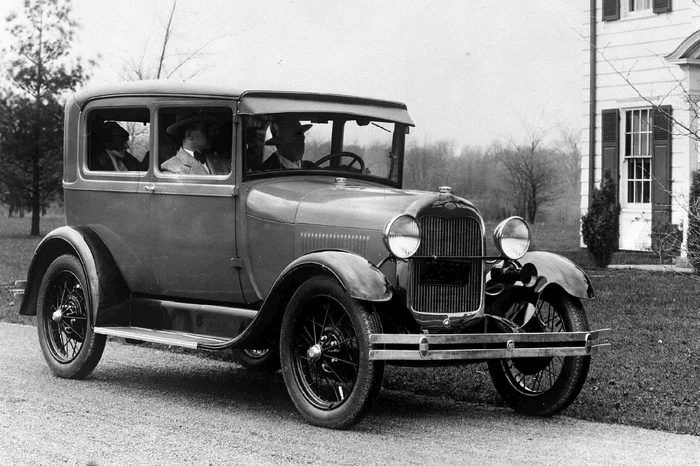
Cars will stop being popular …
In 1903, the president of Michigan Savings Bank warned Henry Ford’s lawyer, Horace Rackham, to protect his money. “The horse is here to stay, but the automobile is only a novelty, a fad,” he advised. If you’ve ever been stuck trying to get out of a parking lot after a sporting event, you may have wished he’d gotten this one right.
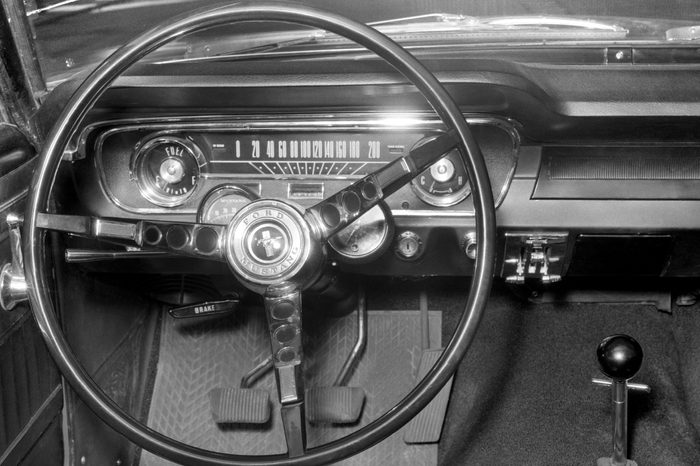
… and our brains won’t be able to keep up with them
In 1904, the New York Times reported on a debate in Paris between a brain specialist and a physician about the dangers of driving automobiles at high speeds—because the brain can’t keep up. “It remains to be proved how fast the brain is capable of traveling,” reads the article. “If it cannot acquire an eight-mile per hour speed, then an auto running at the rate of 80 miles per hour is running without the guidance of the brain, and the many disastrous results are not to be marveled at.”

Everything will be made of steel
Thomas Edison may have invented the light bulb, but he couldn’t be right all the time: In an interview with the Miami Metropolis in 1911, he went all in on America’s booming steel industry, predicting, “The baby of the 21st century will be rocked in a steel cradle; his father will sit in a steel chair at a steel dining table, and his mother’s boudoir will be sumptuously equipped with steel furnishings, converted by cunning varnishes to the semblance of rosewood, or mahogany, or any other wood her ladyship fancies.”
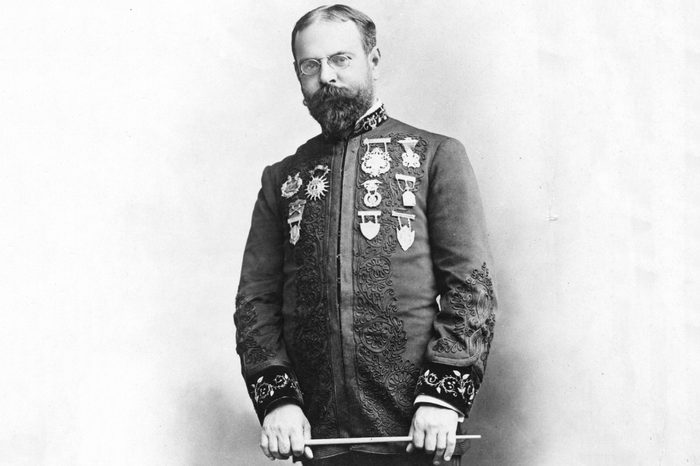
Recorded music will destroy all musical ability
In 1906, composer John Philip Sousa warned the world about “The Menace of Mechanical Music” in an article attacking machines that brought symphonies into people’s homes. He bemoaned the fact that fewer and fewer cheap lutes were being purchased, “all because the automatic music devices are usurping their places.” Sousa foresaw a dire era in which “music can be heard in the homes without the labor of study and close application, and without the slow process of acquiring a technique, it will be simply a question of time when the amateur disappears entirely, and with him a host of vocal and instrumental teachers, who will be without field or calling.” Someone should warn the School of Rock franchise.

Electricity will flicker out of fashion
So said Junius Morgan to his son J.P. Morgan. J.P. had hired Thomas Edison to wire up his mansion, making it the first private residence in New York to have electric lighting. Luckily for his bank account, J.P. Morgan didn’t listen to his dad and invested heavily in Edison, eventually financing General Electric.

All women will be giants
In 1950, Associated Press writer Dorothy Roe used what she called “scientific evidence” to predict that by the year 2000, all women would be 6 feet tall. “Her proportions will be perfect, though Amazonian, because science will have perfected a balanced ratio of vitamins, proteins and minerals that will produce the maximum bodily efficiency, the minimum of fat,” she wrote. Women are taller on average nowadays, so Roe’s prediction wasn’t totally off.

Cleaning the house will require only a hose
Waldemar Kaempffert, the science editor of the New York Times, wrote in 1950 of “Miracles You’ll See in the Next Fifty Years.” One of those miracles involved housekeeping. Kaempffert described the life and chores of a future housewife he named Jane Dobson as such: “When Jane Dobson cleans house, she simply turns the hose on everything. Why not? Furniture (upholstery included), rugs, draperies, unscratchable floors—all are made of synthetic fabric or waterproof plastic. After the water has run down a drain in the middle of the floor (later concealed by a rug of synthetic fiber), Jane turns on a blast of hot air and dries everything.”

We’re all going to live forever-ish
A friend of Winston Churchill, high-powered lawyer F.E. Smith, wrote in 1922 of medical advances he saw on the horizon. In part, he foresaw medical injections that would help humans live to 150 years old. He thought this was a good thing for the most part, but it did make him worry: “How will youths of 20 be able to compete in the professions or business against vigorous men still in their prime at 120, with a century of experience on which to draw?”
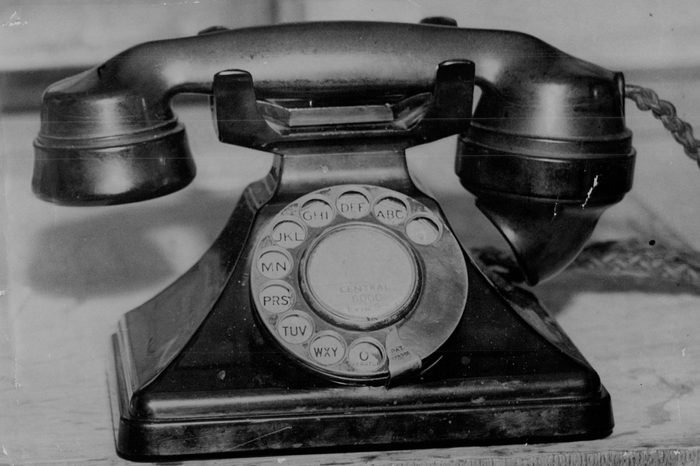
Telephones will never catch on …
In 1876, the president of Western Union, William Orton, dismissed phones as a “toy” when Alexander Graham Bell offered to sell him the patent for $100,000. According to True West magazine, Orton wrote an internal memo stating: “The idea is idiotic on the face of it. Furthermore, why would any person want to use this ungainly and impractical device when he can send a messenger to the telegraph office and have a clear written message sent to any large city in the United States?”

… especially phones that also act like computers
“There’s no chance that the iPhone is going to get any significant market share. No chance.” That’s what Steve Ballmer, CEO of Microsoft, said in 2007. OK, maybe a slight chance?

TVs won’t be a big thing
20th Century Fox kingpin Darryl Zanuck sniffed at the idea of “idiot boxes” keeping people out of the theater to see his company’s productions, which included How Green Was My Valley and The Grapes of Wrath. In 1946, he predicted, “Television won’t be able to hold on to any market it captures after the first six months. People will soon get tired of staring at a plywood box every night.”

The world will go kablooey at the stroke of midnight on January 1, 2000
Remember when most computers recorded dates using only the last two digits of every year? Well, when 2000 or “00” was about to roll around, lots of smart people feared computers would think it was 1900, also “00”—and global data meltdowns and financial destruction would follow. Eh, not so much. The one thing The Crisis That Never Was did was get its own nickname, Y2K. That’s something, right?

People will only want to shop in stores
In 1966, Time published an essay called “The Futurists” that looked ahead to life in the year 2000. Here’s one thing they thought would be rejected by humankind: “[R]emote shopping, while entirely feasible, will flop—because women like to get out of the house, like to handle the merchandise, like to be able to change their minds,” the essay said. Tell that to Amazon founder Jeff Bezos, who has $220 billion in the bank.
Why trust us
At Reader’s Digest, we’re committed to producing high-quality content by writers with expertise and experience in their field in consultation with relevant, qualified experts. We rely on reputable primary sources, including government and professional organizations and academic institutions as well as our writers’ personal experiences where appropriate. We verify all facts and data, back them with credible sourcing and revisit them over time to ensure they remain accurate and up to date. Read more about our team, our contributors and our editorial policies.
Sources:
- Time: “THE FUTURISTS: Looking Toward A.D. 2000”
- Scientific American: “Use It Better: The Worst Tech Predictions of All Time”
- Business Insider: “Here’s What Steve Ballmer Thought About The iPhone Five Years Ago”
- True West Magazine: “A Bad Call on the Telephone”
- BBC: “Strange predictions for the future from 1930”
- Smithsonian Magazine: “In the Future, All Women Will Be Amazons”
- History: “JP Morgan: Biography”
- CBS: “Thomas Edison’s Predictions: Spot On”
- The Telegraph: “Worst tech predictions of all time”
- MIT OpenCourseWare: “The Menace of Mechanical Music”
- Popular Mechanics: “Miracles You’ll See In The Next Fifty Years”
- New York Times: “THE AUTOMOBILE BRAIN”

















